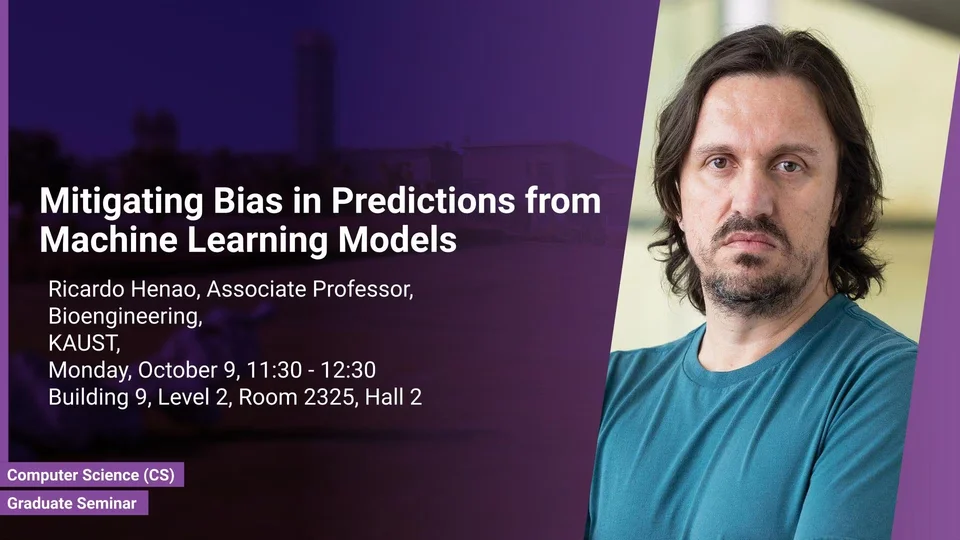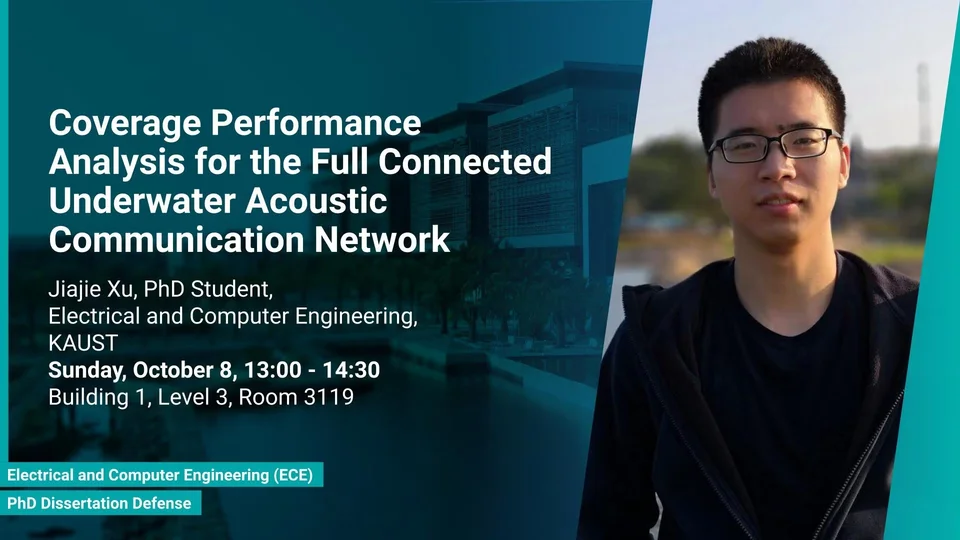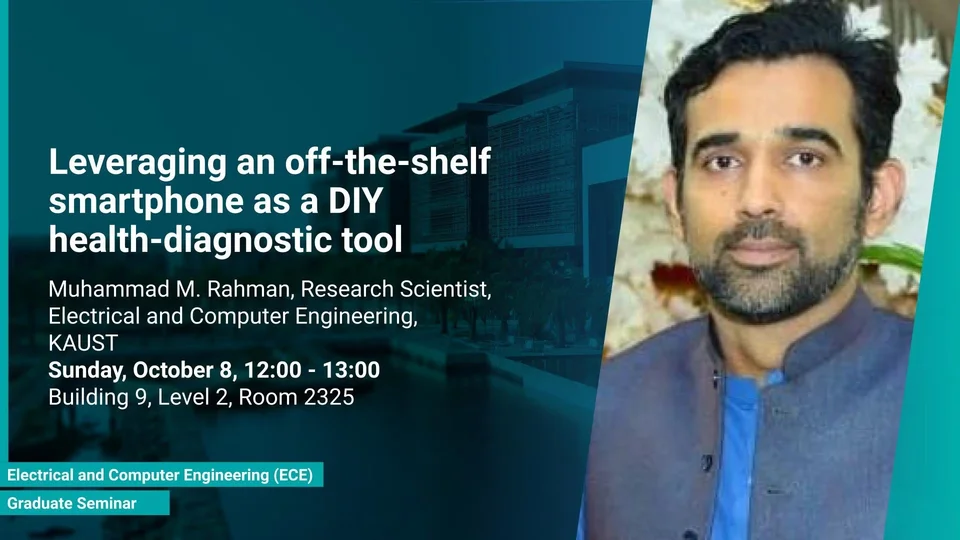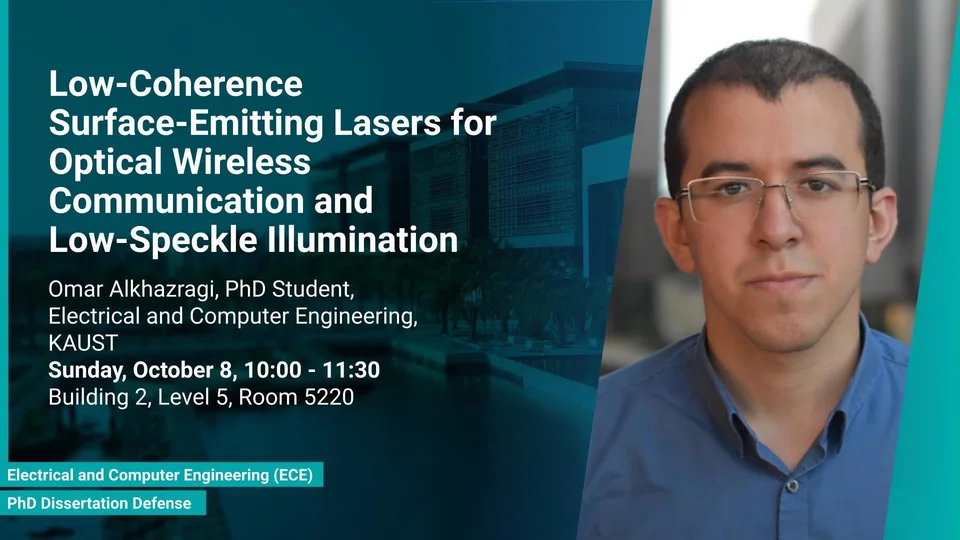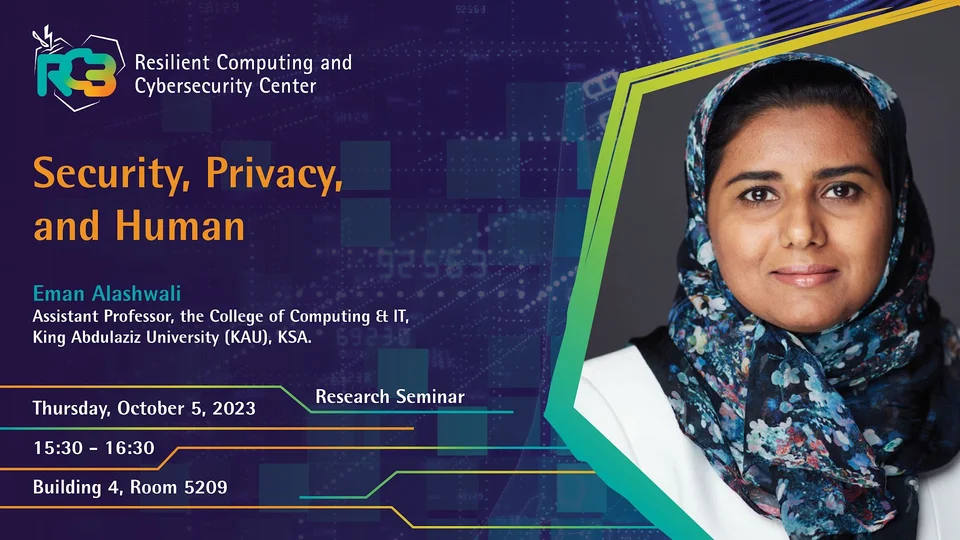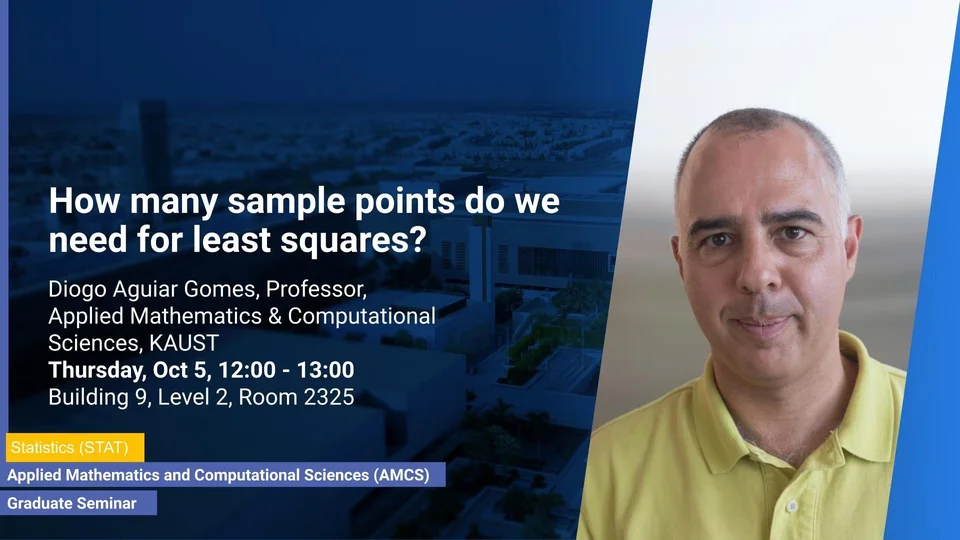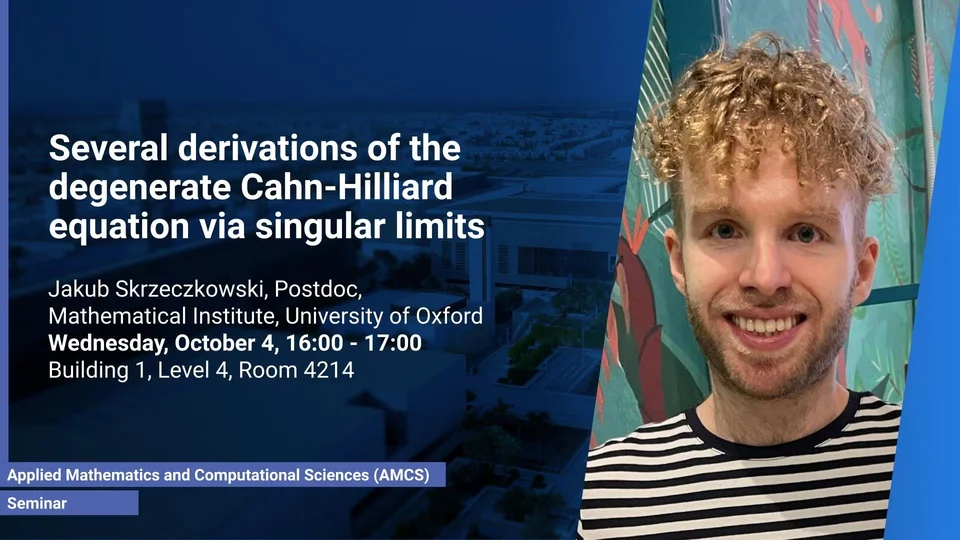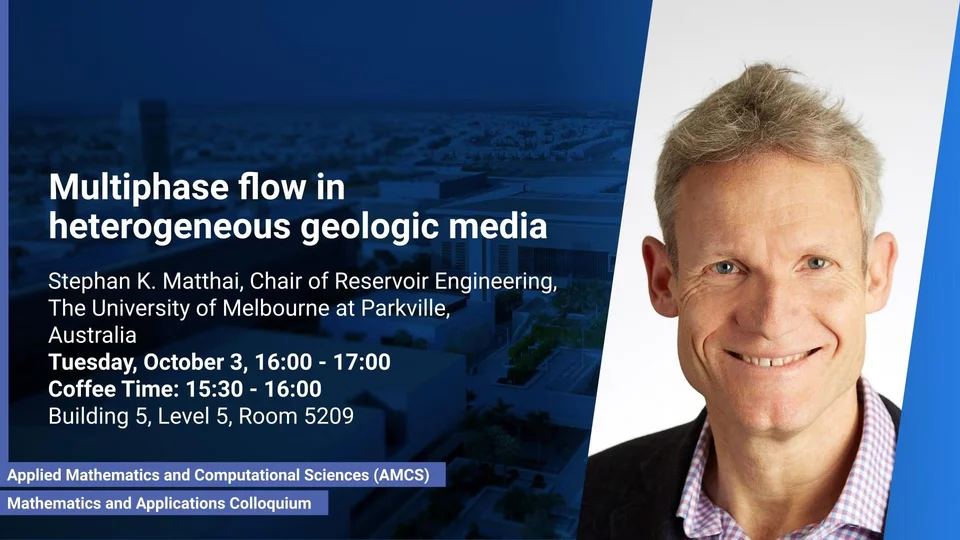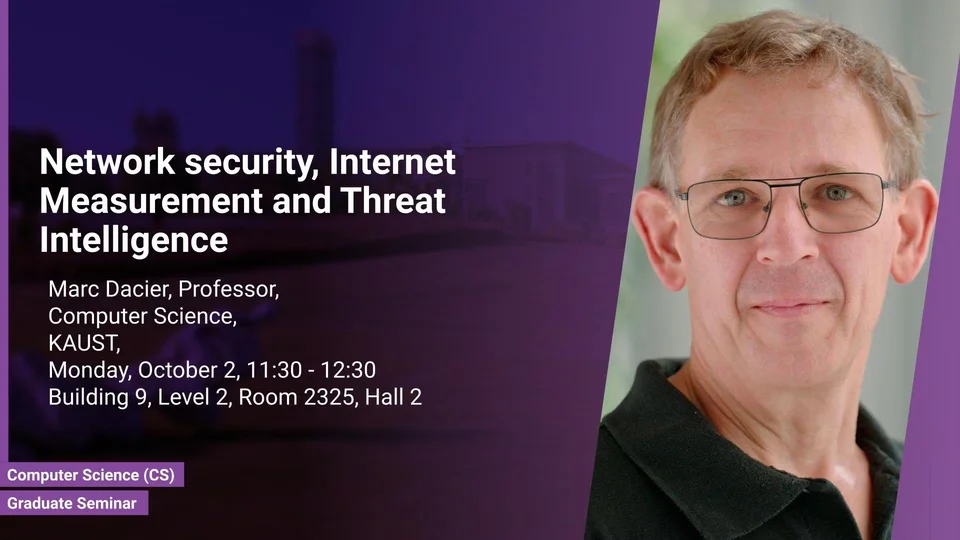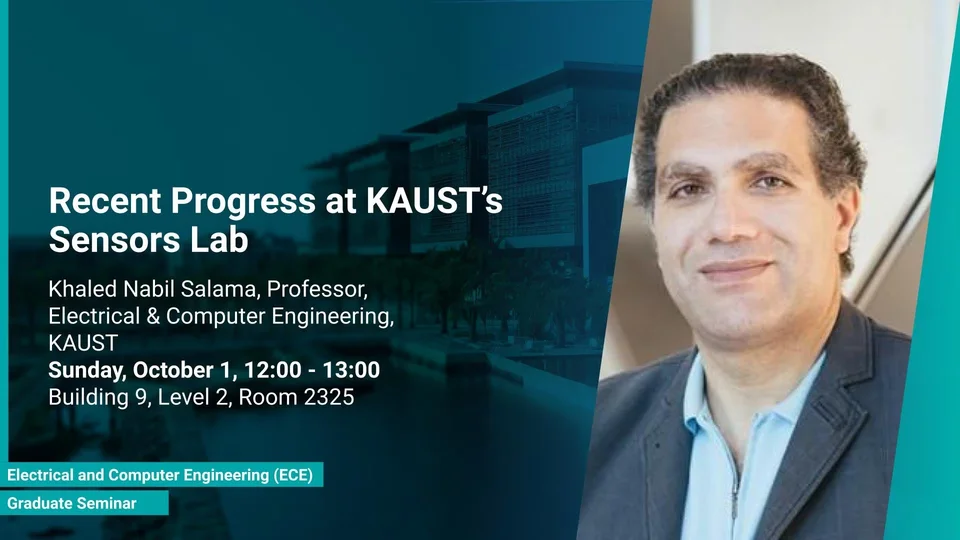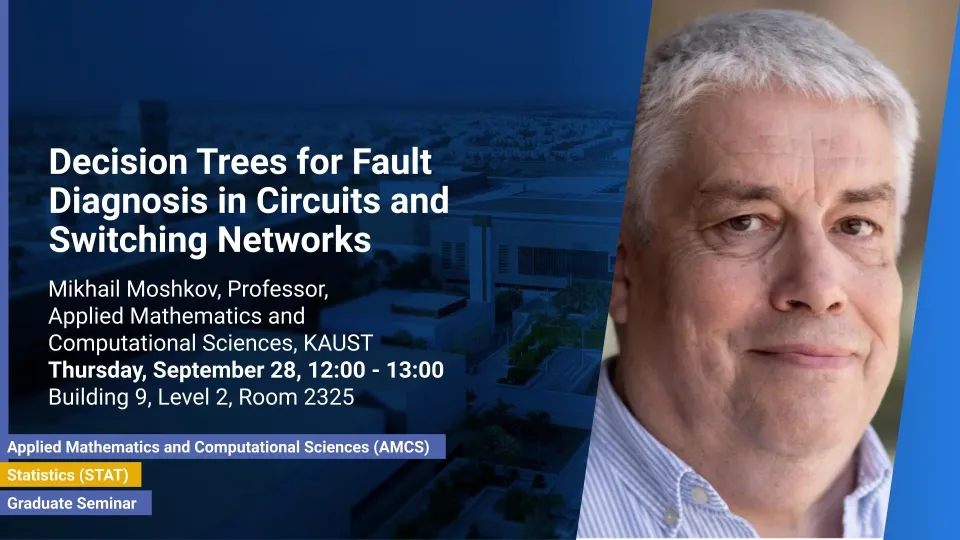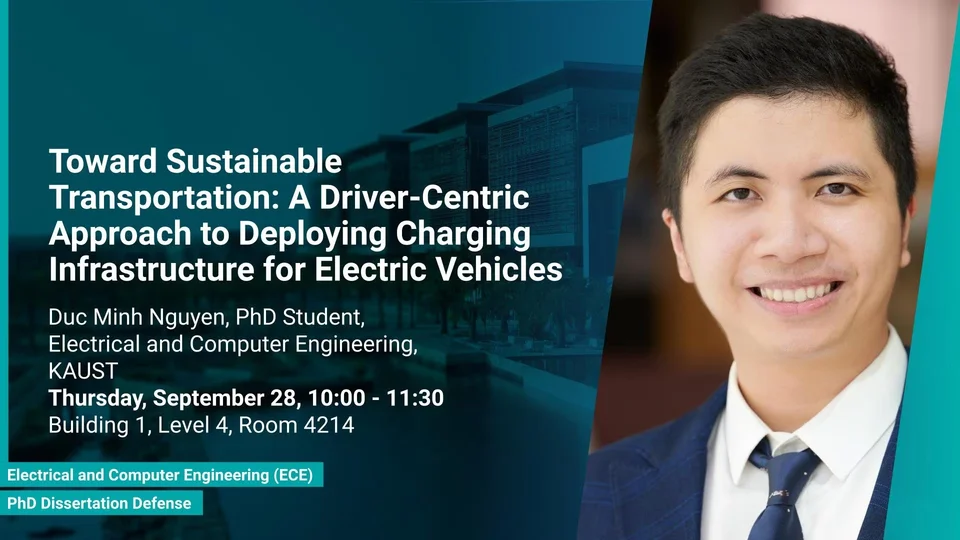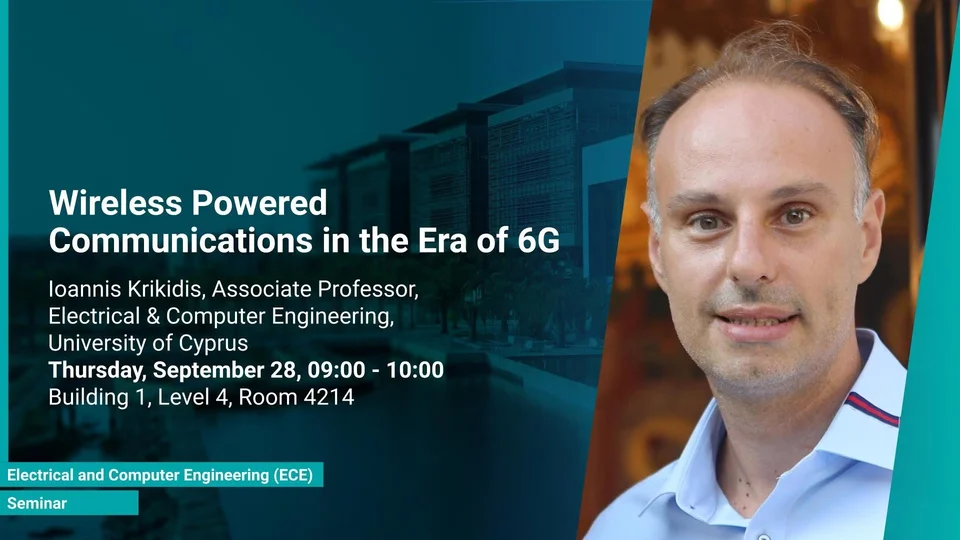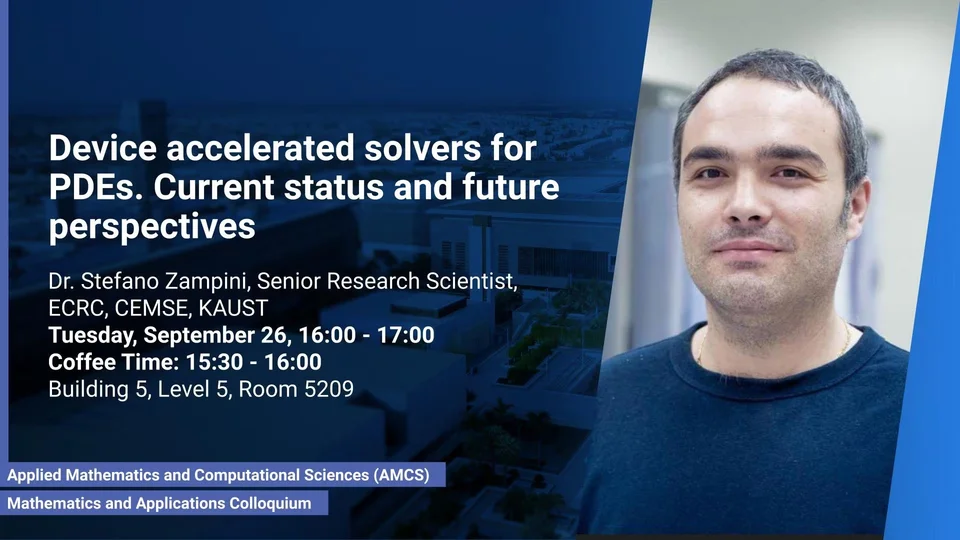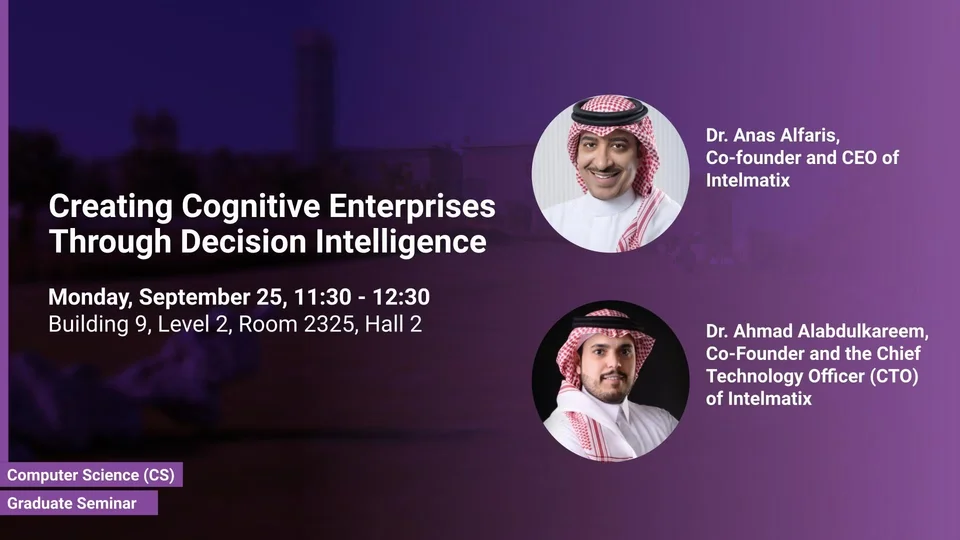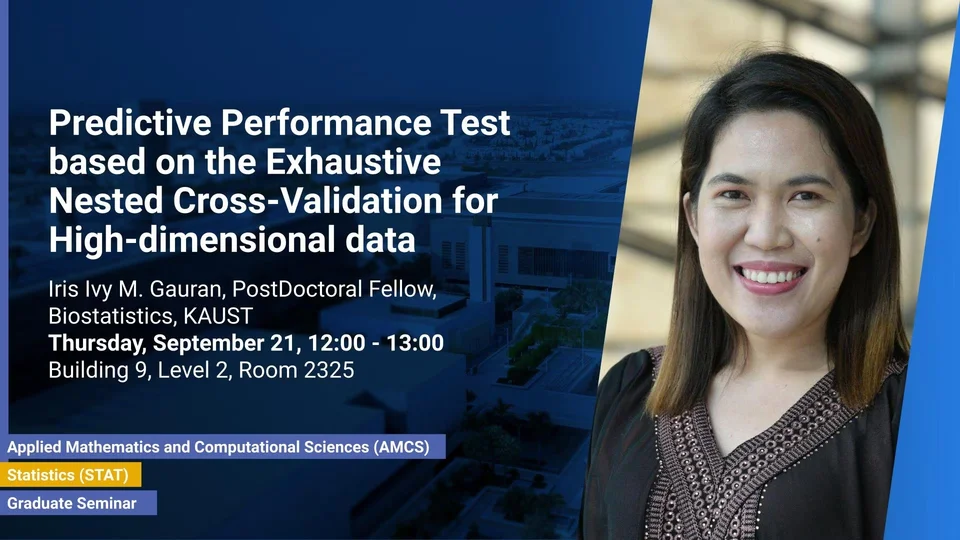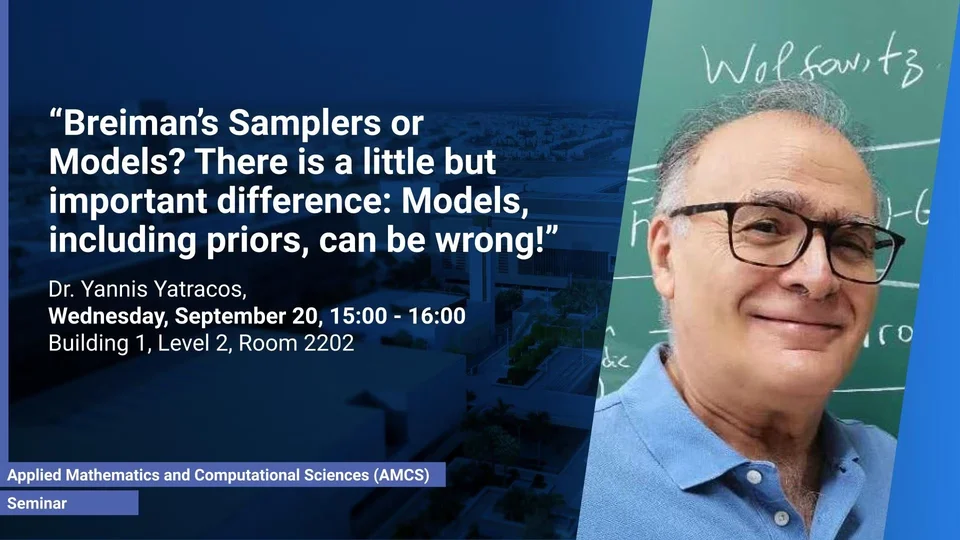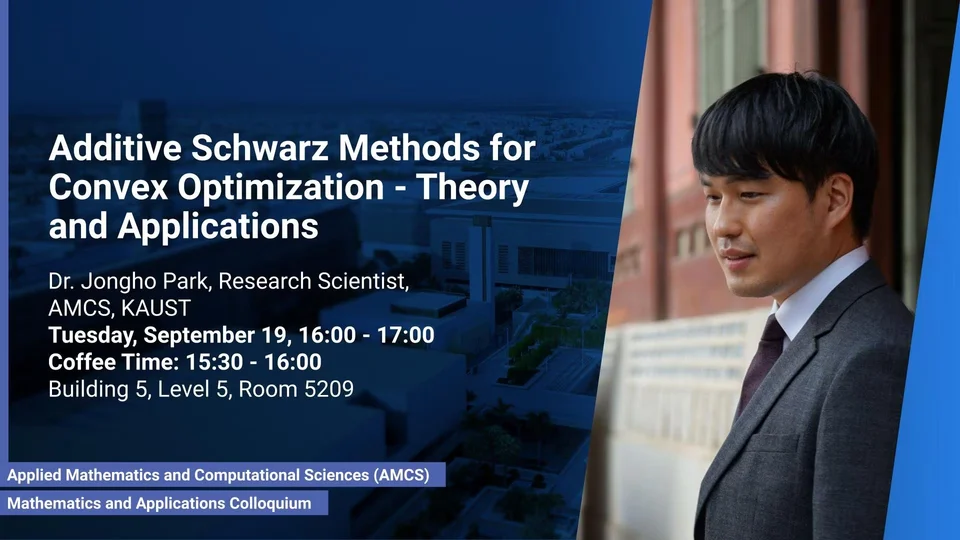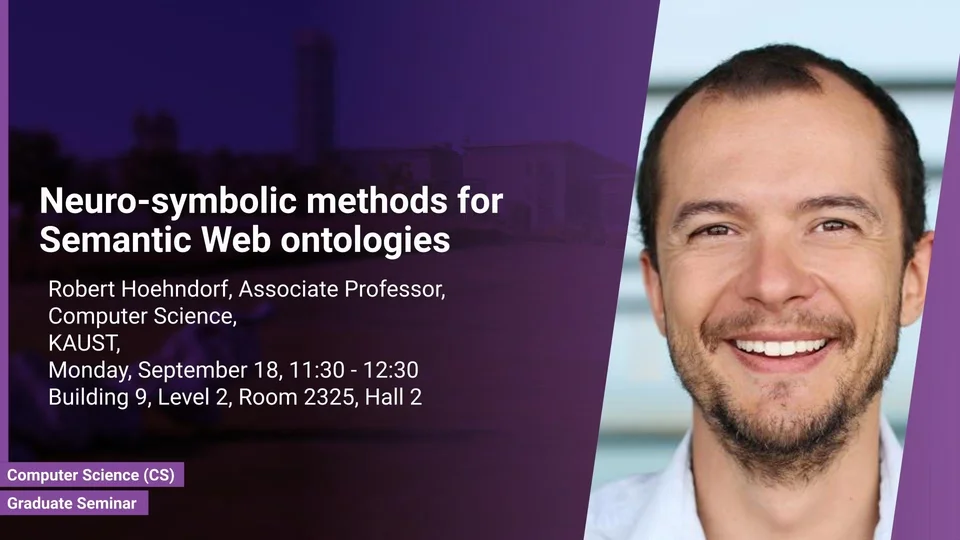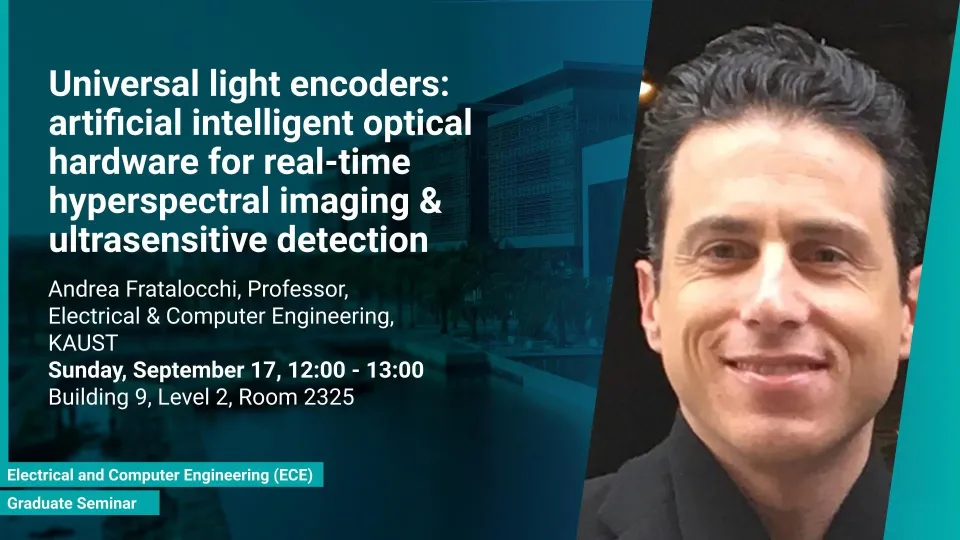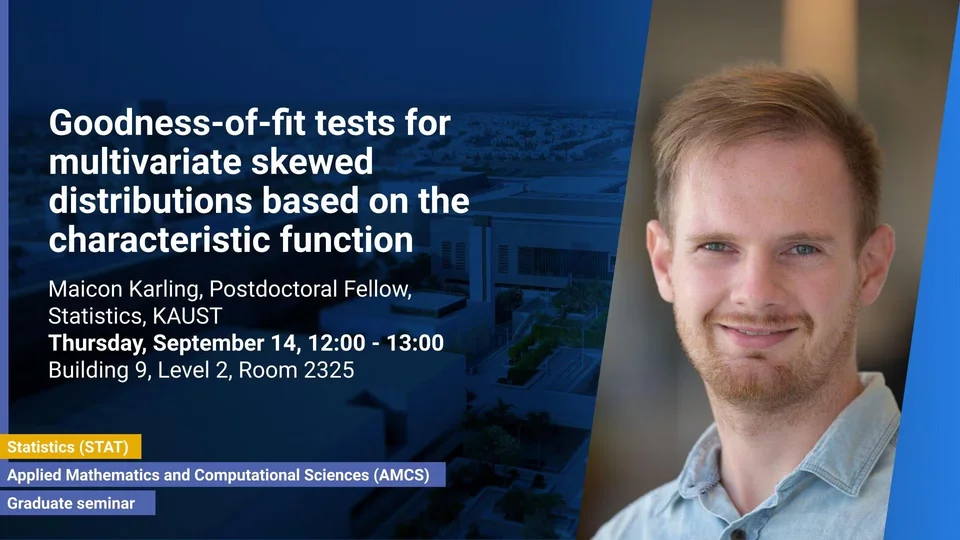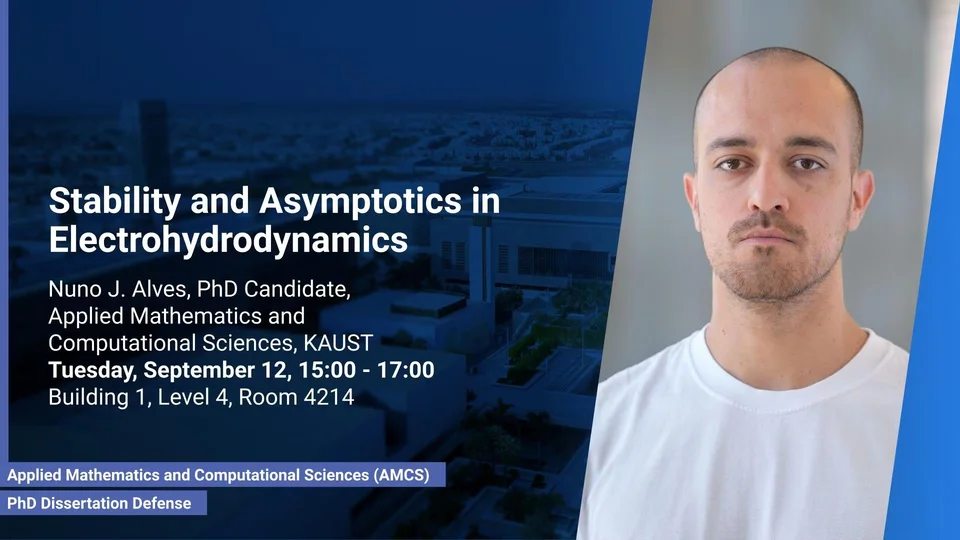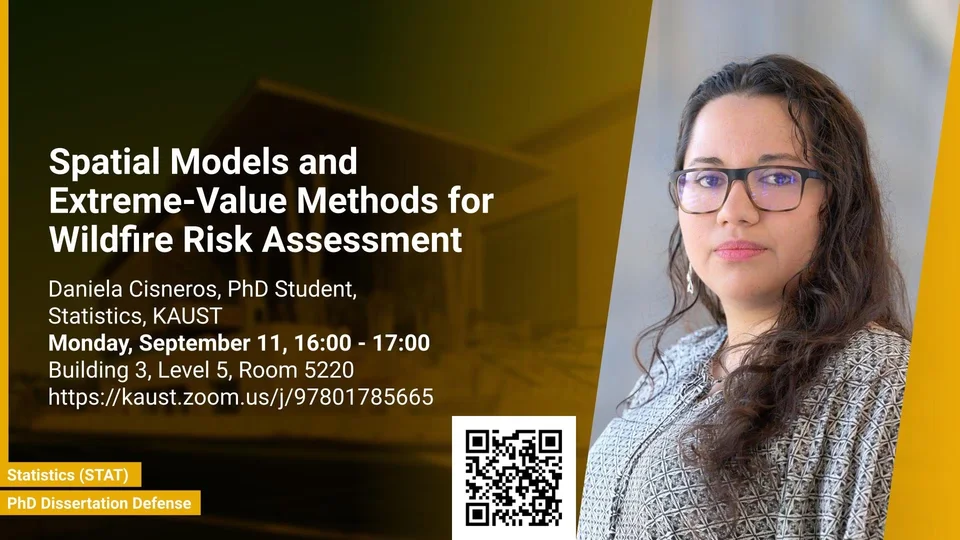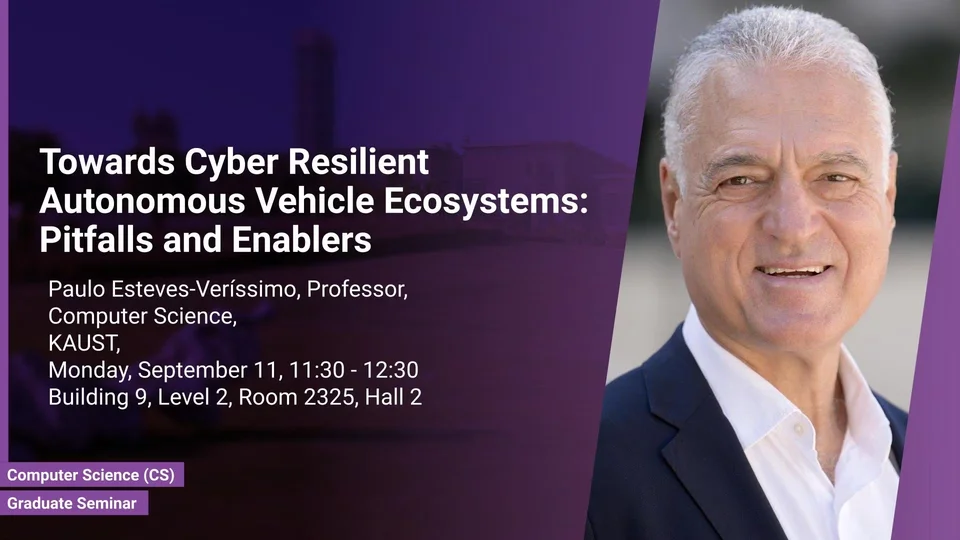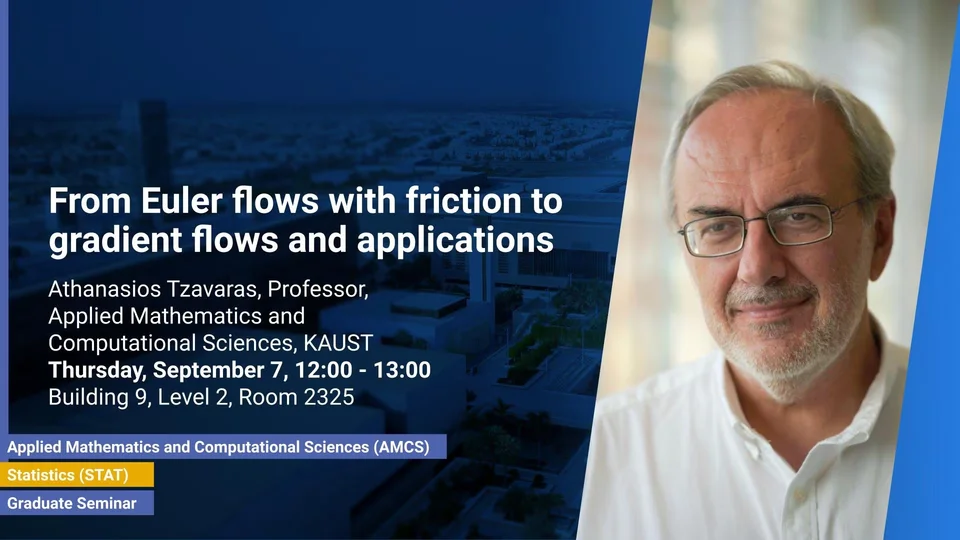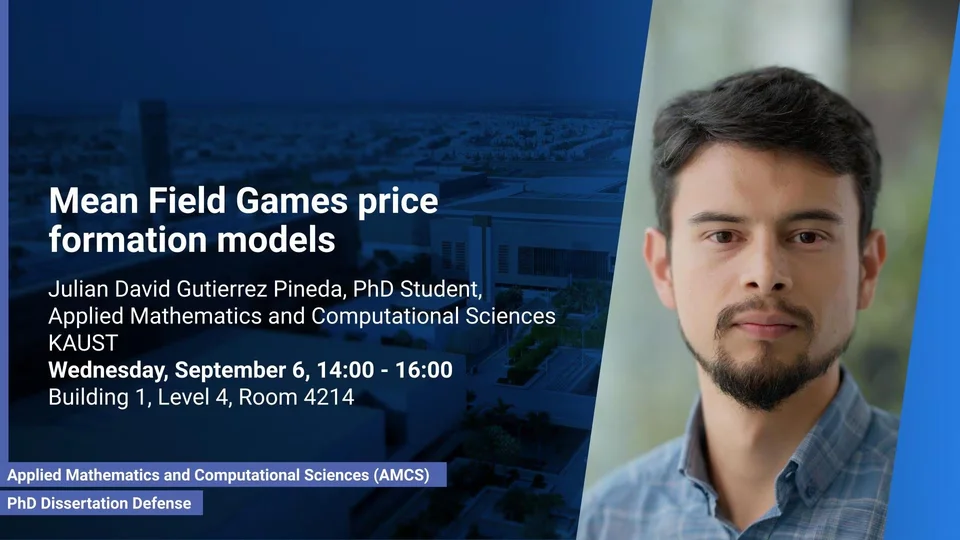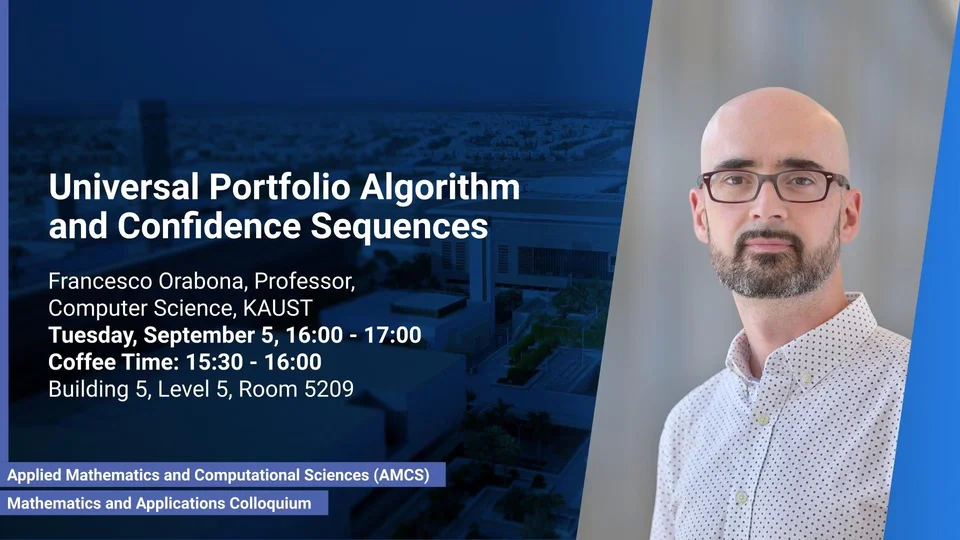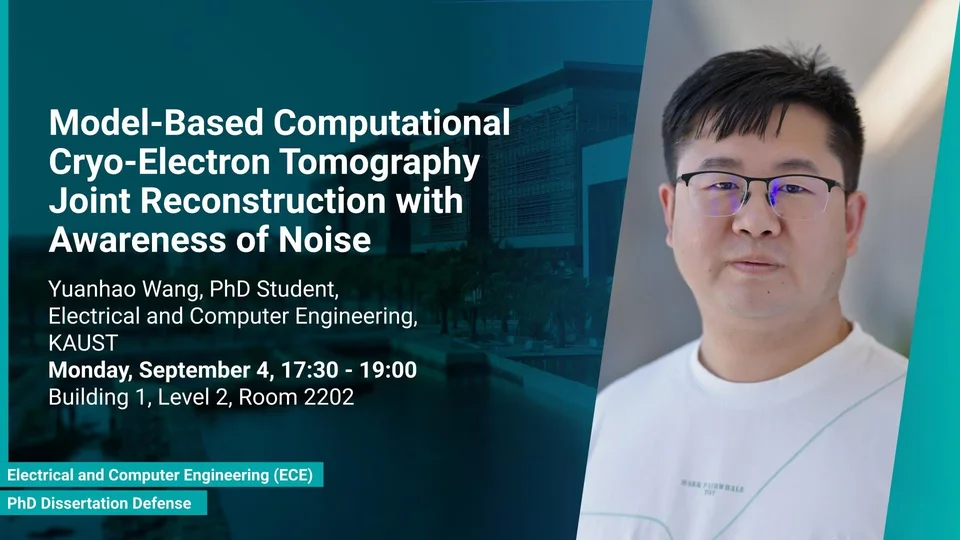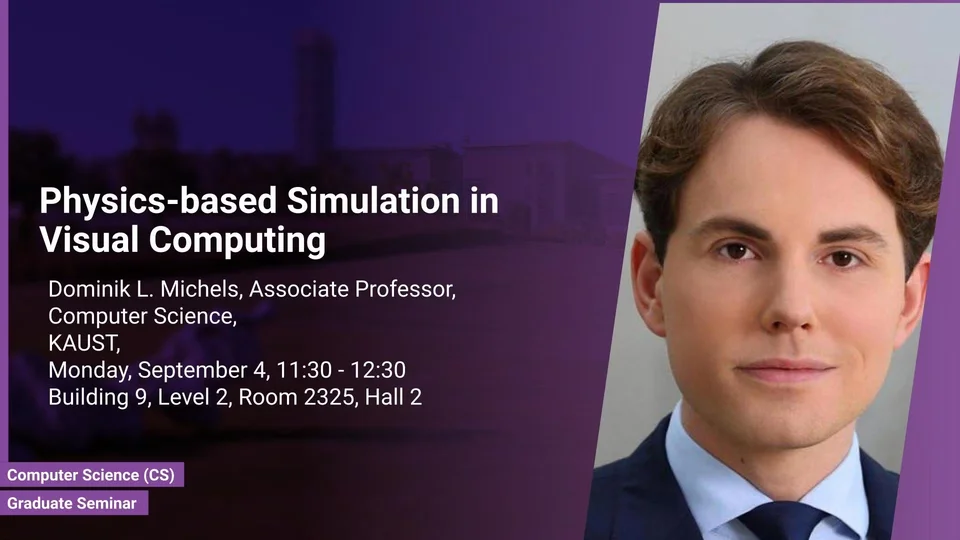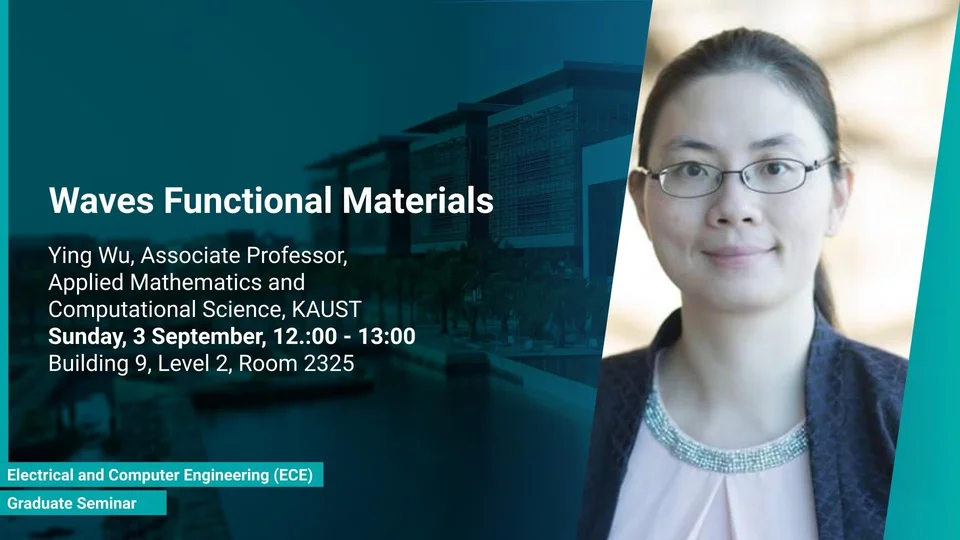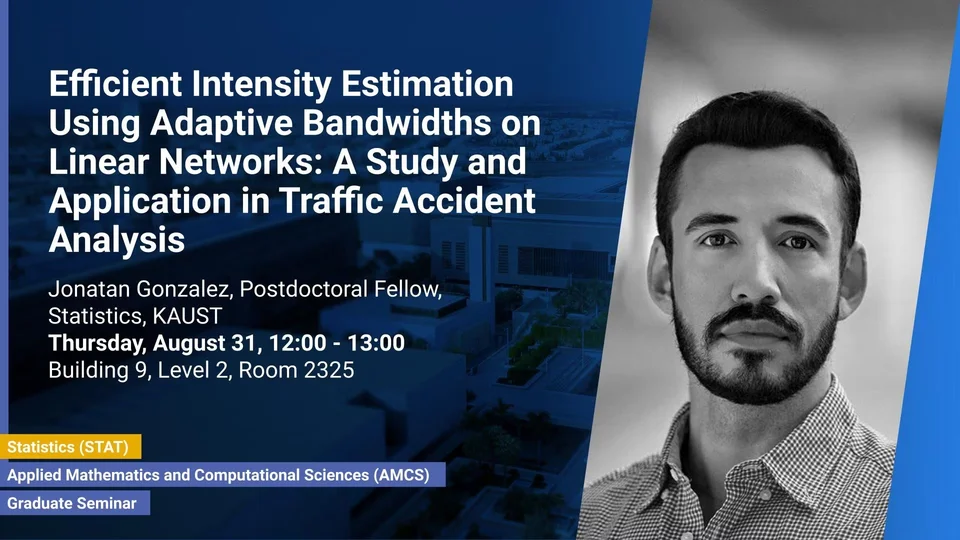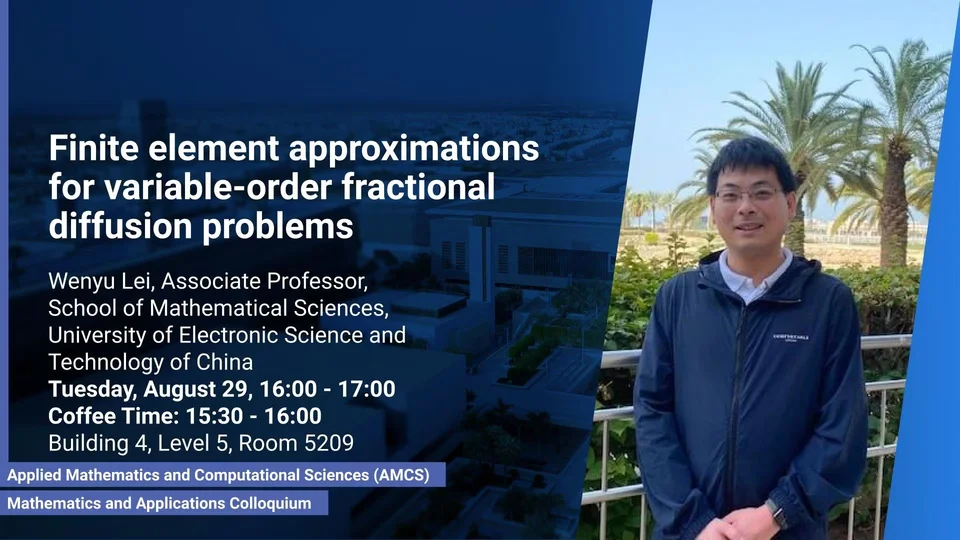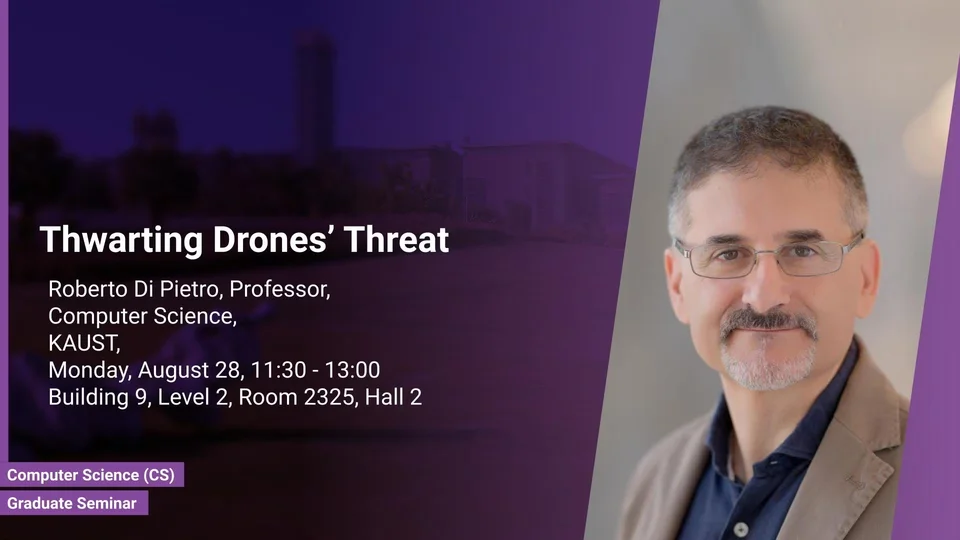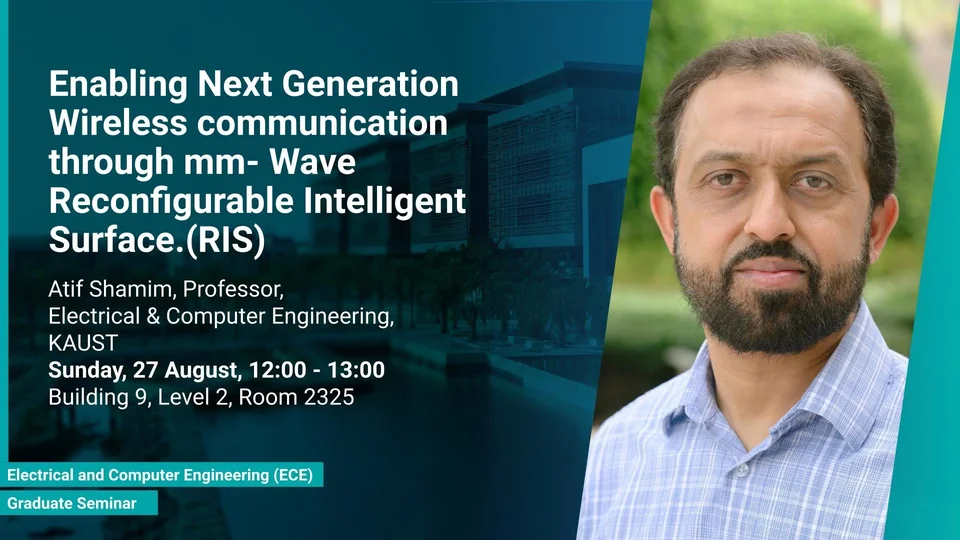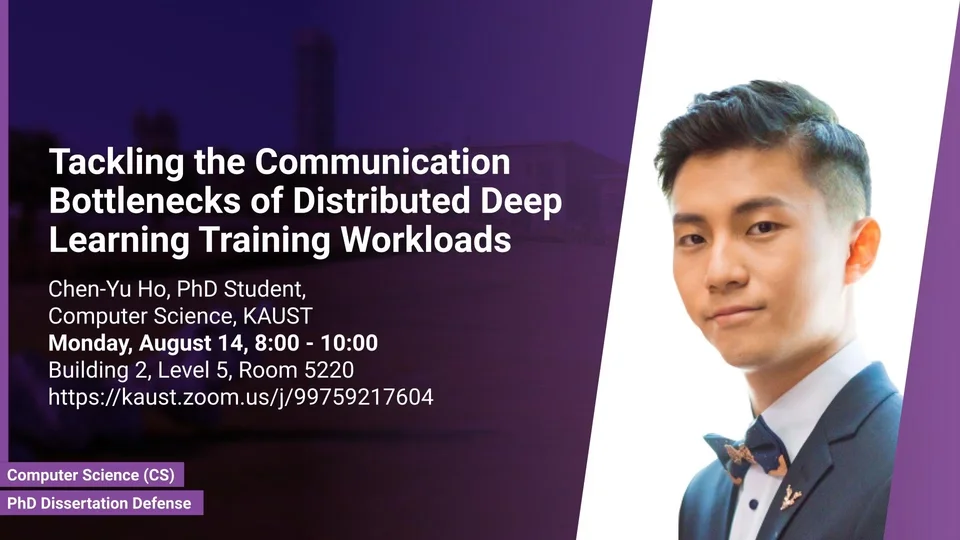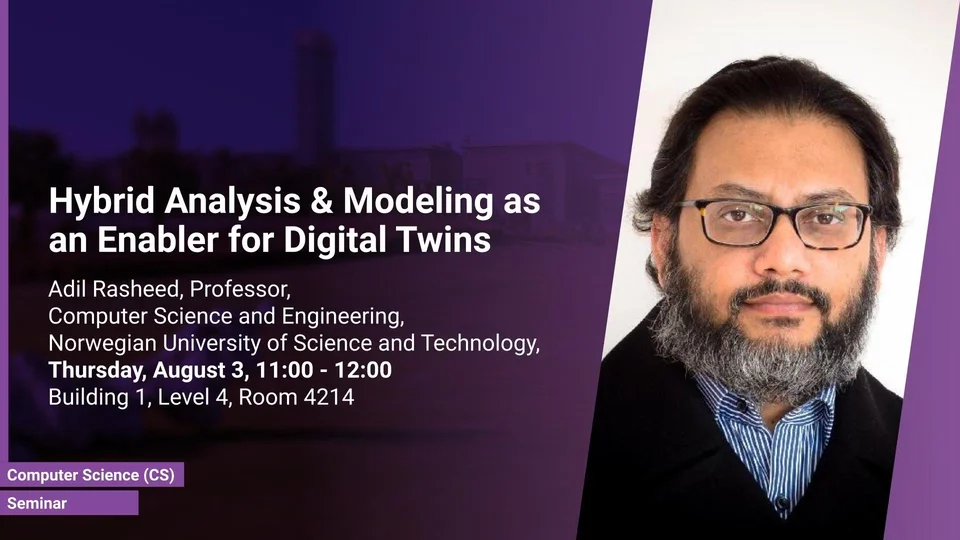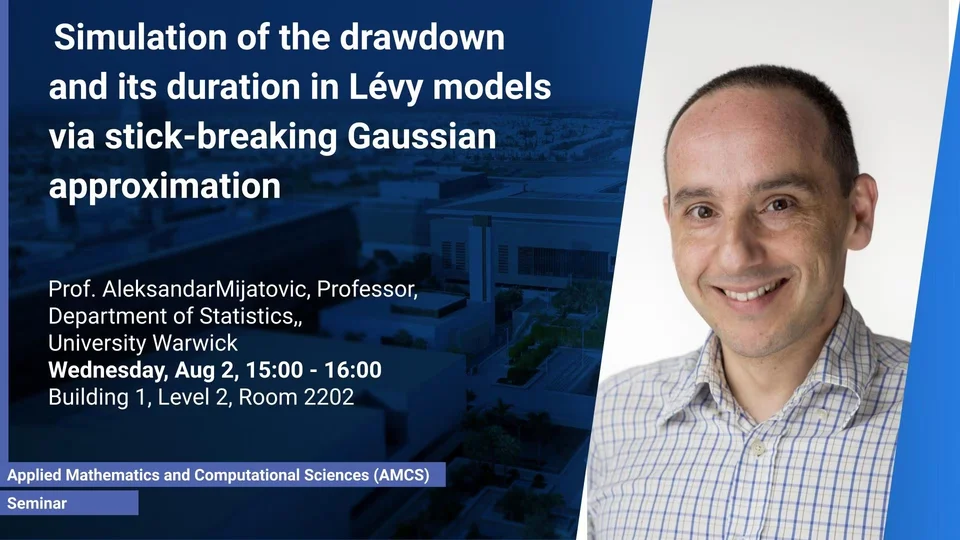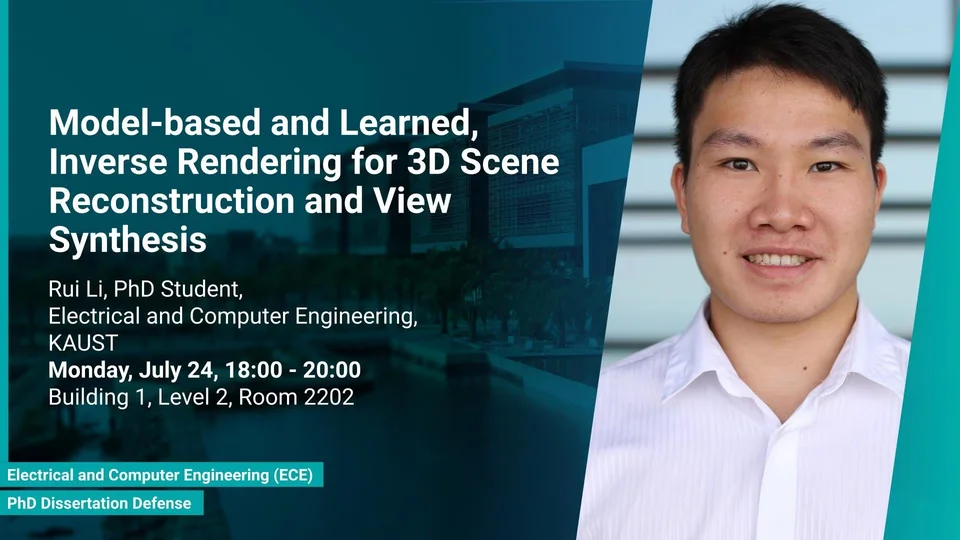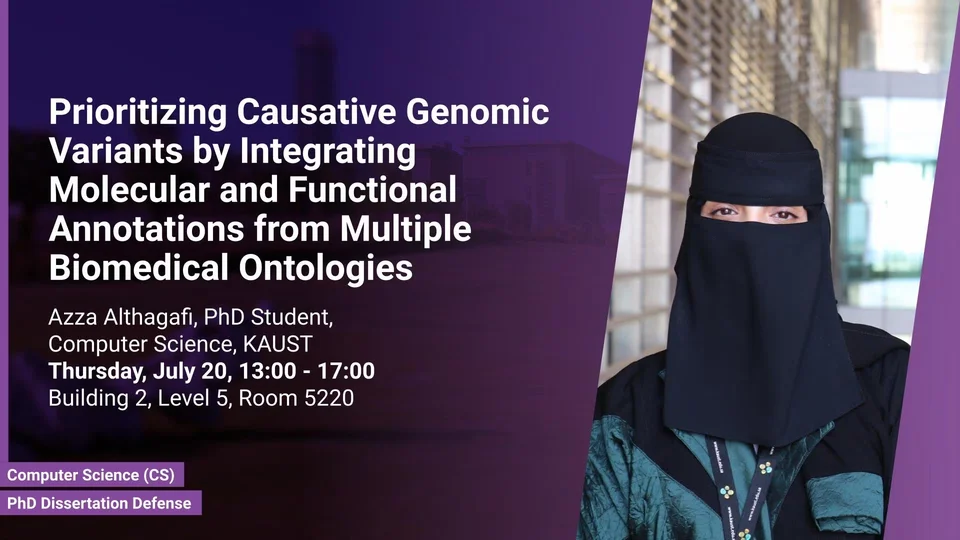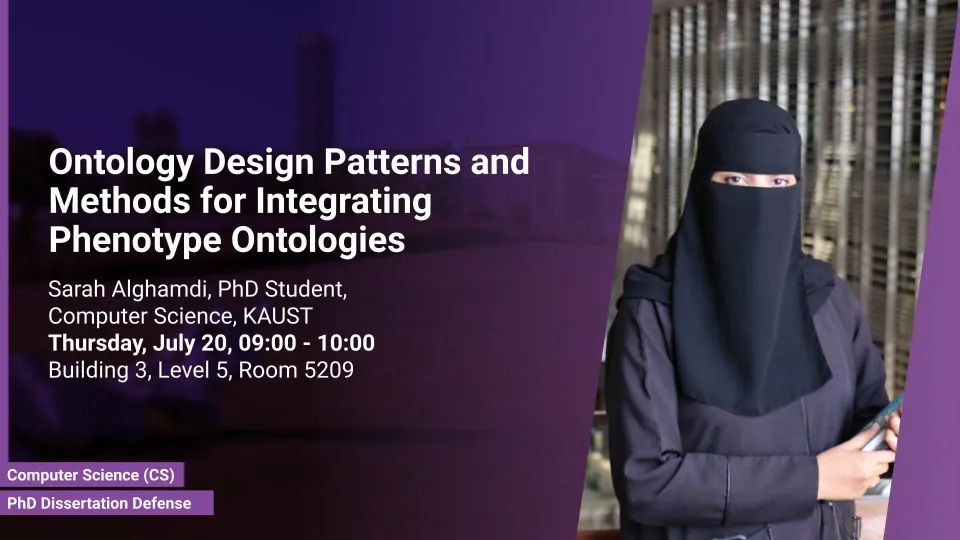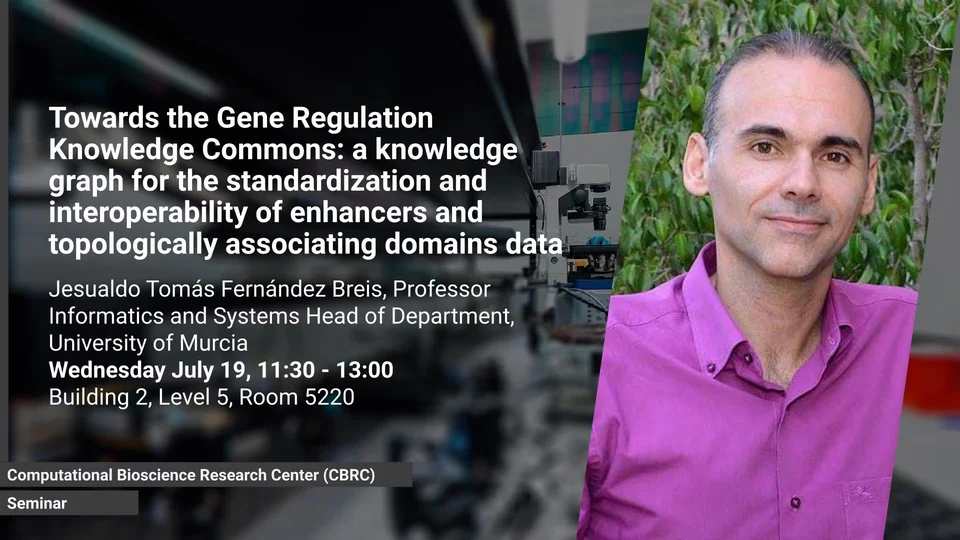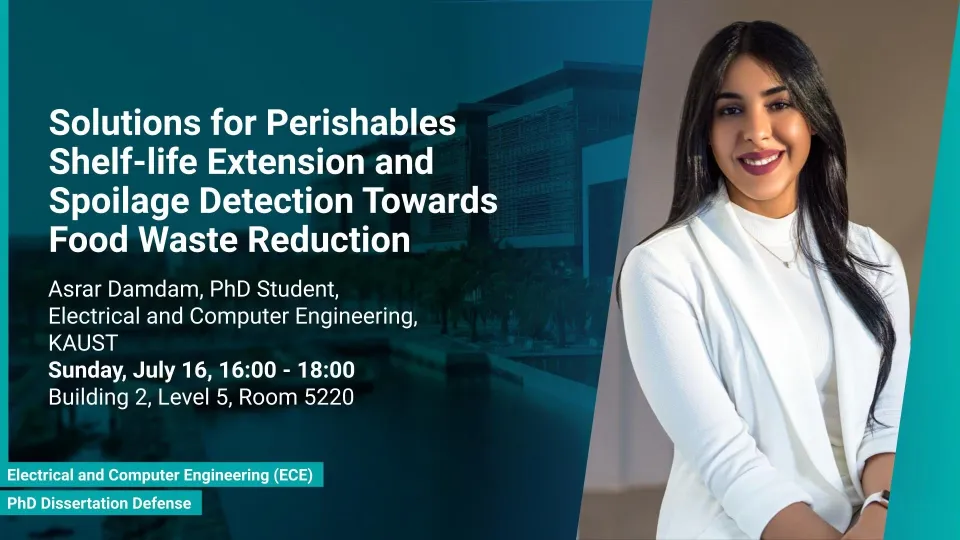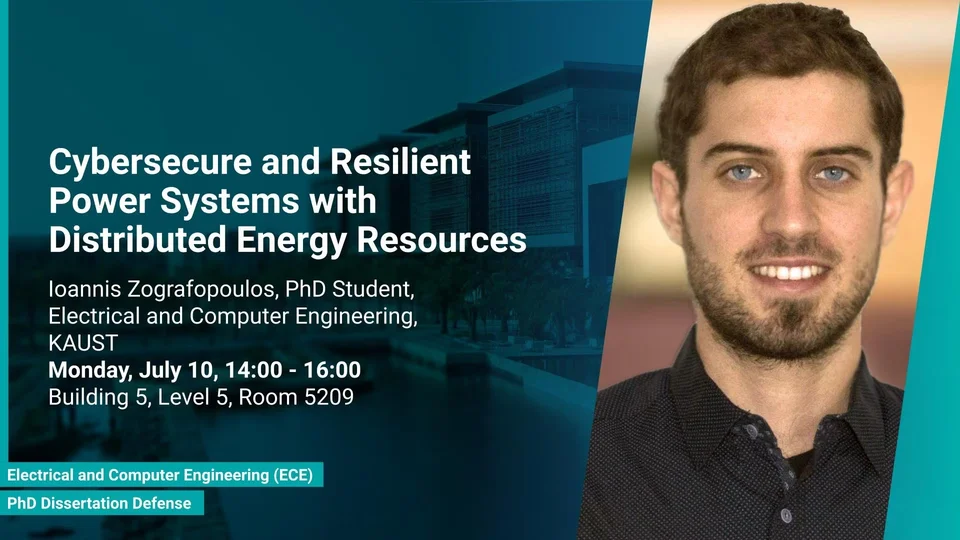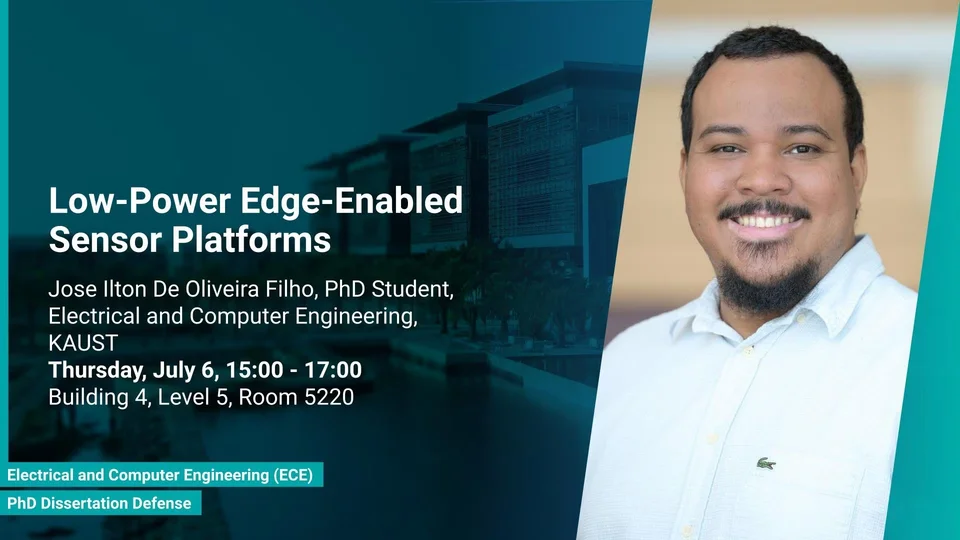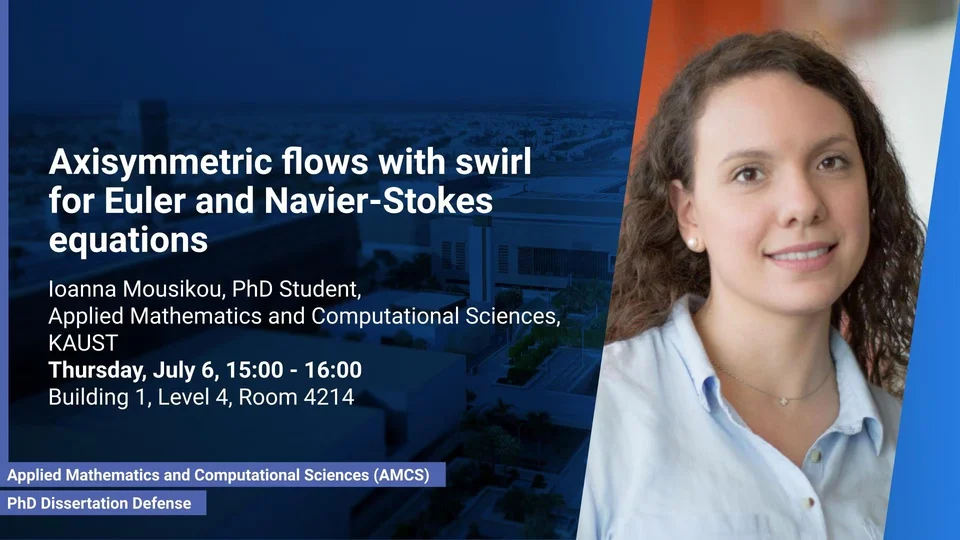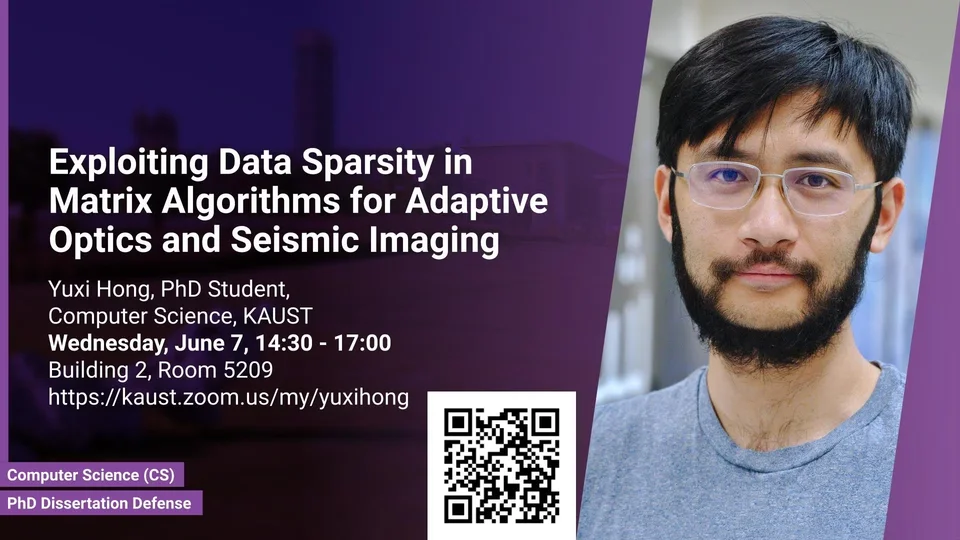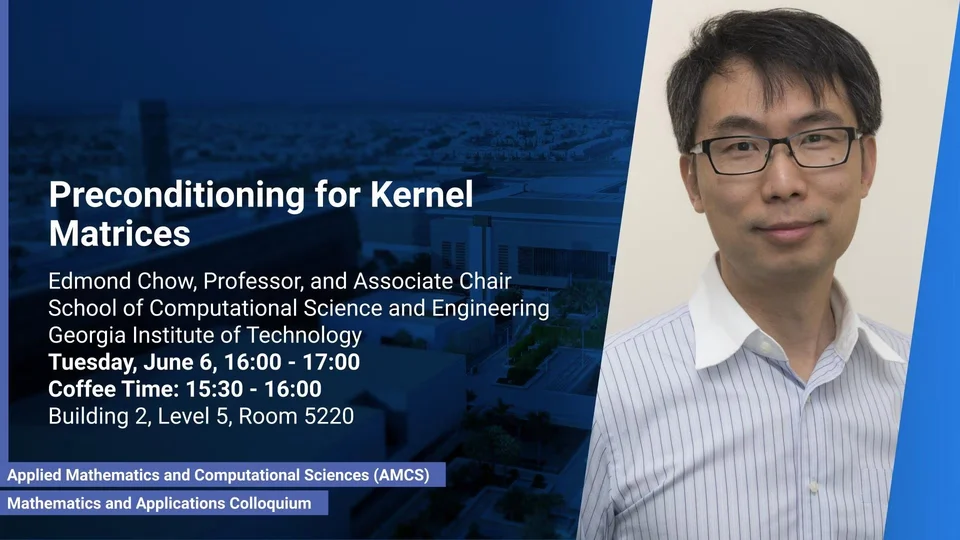Events
Oct 8 - Oct 14, 2023
Oct 1 - Oct 7, 2023
Several derivations of the degenerate Cahn-Hilliard equation via singular limits
Dr. Jakub Skrzeczkowski,Mathematical Institute, University of Oxford
-
B1 L4 R4214
Multiphase flow in heterogeneous geologic media
Prof. Stephan K. Matthai, Chair of Reservoir Engineering, The University of Melbourne at Parkville
-
B5 L5 R5209
Sep 24 - Sep 30, 2023
Wireless Powered Communications in the Era of 6G
Ioannis Krikidis, Associate Professor, Electrical and Computer Engineering, University of Cyprus
-
B1 L4 R4214
Sep 17 - Sep 23, 2023
Breiman’s Samplers or Models? There is a little but important difference: Models, including priors, can be wrong!
Dr. Yannis Yatracos
-
B1 L2 R2202
Sep 10 - Sep 16, 2023
Sep 3 - Sep 9, 2023
Aug 27 - Sep 2, 2023
Finite element approximations for variable-order fractional diffusion problems
Prof. Wenyu Lei, University of Electronic Science and Technology of China
-
B4 L5 R5209
Aug 13 - Aug 19, 2023
Jul 30 - Aug 5, 2023
Hybrid Analysis and Modeling as an Enabler for Digital Twins
Prof. Adil Rasheed, Computer Science and Engineering, Norwegian University of Science and Technology
-
B1 L4 R4214
Simulation of the drawdown and its duration in Lévy models via stick-breaking Gaussian approximation
Prof. Aleksandar Mijatovic, Statistics, University of Warwick
-
B1 L2 R2202
Jul 23 - Jul 29, 2023
Jul 16 - Jul 22, 2023
Towards the Gene Regulation Knowledge Commons
Prof. Jesualdo Tomas Fernandez Breis, University of Murcia, Spain
-
B2 L5 R5220
